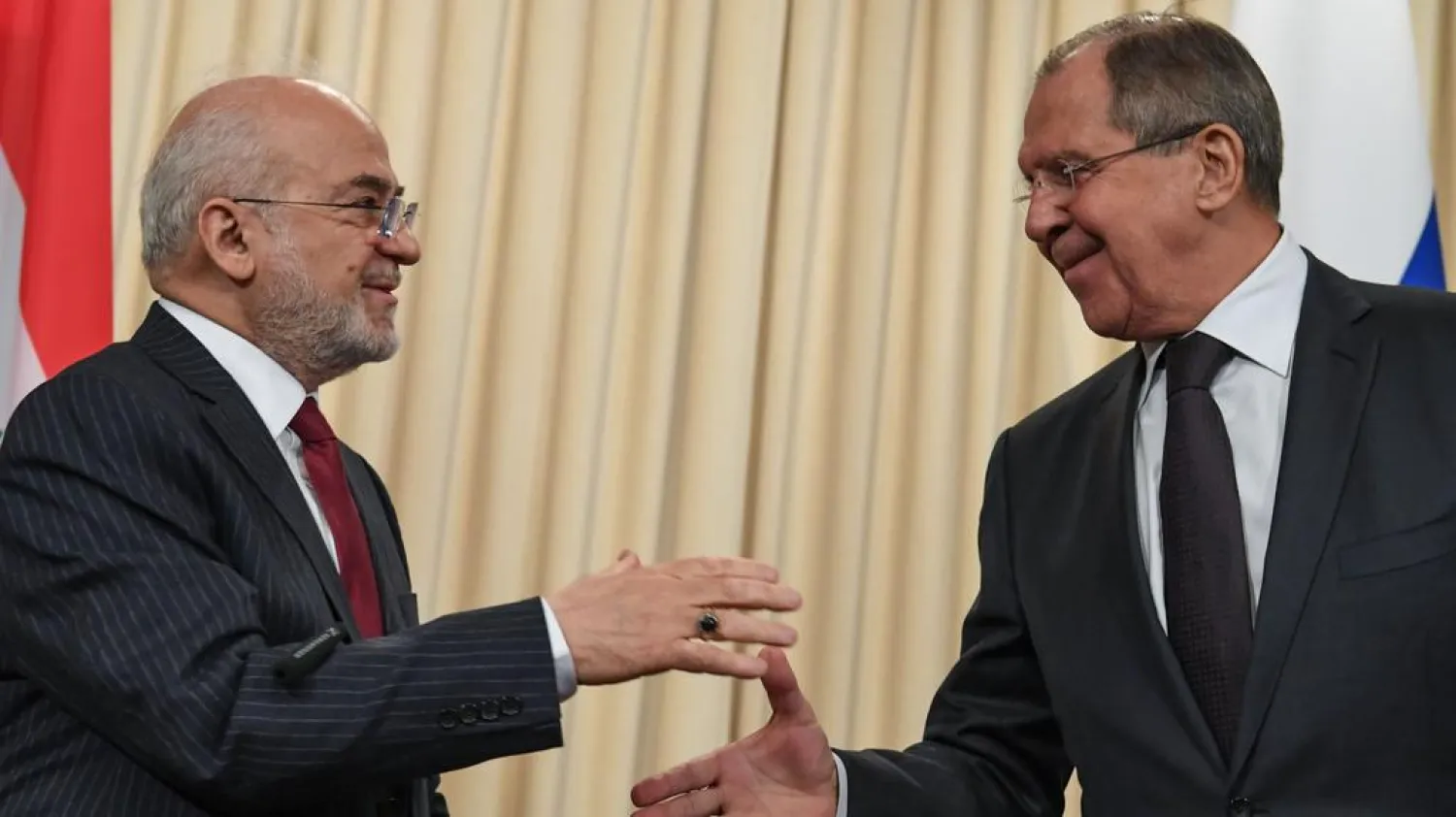Russian Foreign Minister Sergei Lavrov on Monday expressed hope that situations wouldn't deteriorate between Baghdad and Erbil, calling for dialogue between Iraqi Kurdistan and the country’s central government.
"We understand the hopes of Kurdish people to strive and strengthen their identity … but it would be right to realize these hopes through dialogue with the Iraqi government," Russian FM Sergey Lavrov said on Monday after talks with his Iraqi counterpart, Ibrahim al-Jaafari.
Jaafari is on an official visit to Moscow and has held talks with his Russian counterpart where the two discussed the September referendum in Kurdistan.
He confirmed that Russia favors of resolving the problems through constructive talks adding that Baghdad does not "reject" Kurds, ban their language or destroy their monuments, so "all components" are in place for them to figure out how to "live together in a unified Iraq".
Lavrov said he doesn’t “see war yet” between the two groups, and suggested perhaps a mediator was needed between Baghdad and Erbil.
"The sides should decide if they will engage in direct dialogue or if they need some sort of intermediaries," he added.
He stressed that Russia supports a unified Iraq and is committed to Iraq’s territorial integrity.
Lavrov said Russia would continue its economic ties with Iraqi Kurdistan, as it does with other constituent parts of Iraq. He reiterated that Moscow is not closing its consulate in Erbil, but explained that the mission was subordinate to the Russian embassy in Baghdad.
For his part, Iraqi FM described the referendum as "unconstitutional" because Article 1 of the Iraqi Constitution says that Iraq is a sovereign, single and indivisible state.
"The Constitution really provides our Kurdish brothers with an opportunity to create their own region but it does not mean they have a right to secede from Iraq," Jaafari added.
Jaafri told reporters that there is a problem related to the referendum in Kurdistan, given that the whole international community, Arab League, and the UN Security Council have expressed support for Iraq.
"I would like to emphasize that Russia as well has a very friendly stance on this issue in relation to us. Because Russia also respects our Kurdish brothers who are an indispensable part of our nation," Jaafari added.









